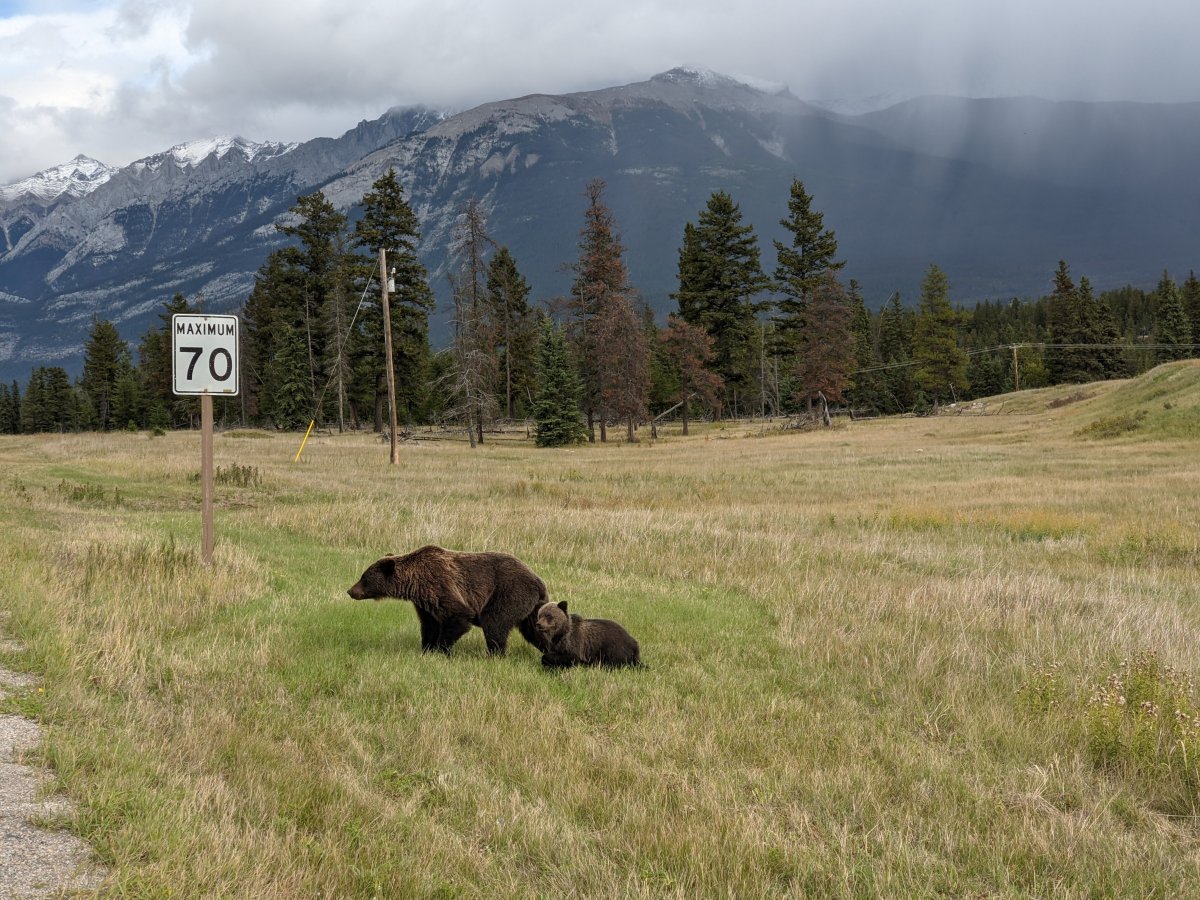New Alberta legislation aimed at reducing red tape could do just the opposite while threatening parks and protected areas, say legal and environmental critics.

“It further centralizes authority with the minister and the higher echelons of the bureaucracy,” said Nigel Bankes, professor emeritus of resource law at the University of Calgary. “It actually makes the job of finding the law more difficult.”
Last week, the United Conservative government passed a bill as part of its ongoing “red-tape reduction” efforts that changes the way rules are made on public lands.
The legislation gives much broader power to the environment minister. It allows the minister to “set standards, directives, practices, codes, guidelines, objectives or other rules relating to any matter” involving public lands.

It also broadens the scope of who can set rules to any “government, board, agency, association or person” — a provision that did not exist under the old legislation.
That scope is now so broad that different rules could apply in different parts of the province, said Katie Morrison of the Canadian Parks and Wilderness Society. Those local rules could end up working against wider land-use goals.
“It absolutely could open up to land uses in protected areas that are not appropriate or commercial purposes that are not appropriate to maintain the goals of those protected areas,” she said Tuesday.
New Democrat environment critic Marlin Schmidt said he is worried about losing public oversight of who is allowed to do what and where. He points out there’s no requirement for the minister to sign off on new rules.
“That’s extremely concerning from a transparency point of view. If the minister doesn’t even know what regulatory changes are being made, how are Albertans supposed to know?”

Alberta Environment spokesman John Muir said those concerns are overblown.
“Bill 21 does not allow the department to act outside of the legislation, regulations or land management intent,” he wrote in an email.
“There will continue to be public, stakeholder and Indigenous engagement on regulations, directives, rules, codes and standards as required.”
New regulations must also be officially published by the government.
Lorne Fitch, a well-known Alberta biologist, was not reassured. He wanted to know who asked the government for these changes.
“Without some transparency in this, without knowing what Bill 21 was designed to fix, it leads us to look at this with some skepticism and even some suspicion.”
He suggests it could be used, for example, to increase access for off-highway vehicles in areas already overloaded with roads and trails.
“Bill 21 to me looks like a blank cheque.”
Bankes said it’s not unprecedented for government rules to accommodate changes made by an outside body — International Organization for Standardization standards for pipelines, for example.

But he said the new law allows for regulations to be set by so many different groups it’ll be harder for people to know what the rules in force actually are. Nor do any new rules have to be proposed in advance and opened to public input.
“It leads to a loss of transparency and accountability,” he said.
Bankes adds that nowhere in the bill are there any standards for the standard-setters.
“It doesn’t say they have to be a credible professional organization or a national standard. It just seems way too broad.”
Bill 21 has passed third reading in the Alberta legislature and requires only royal assent to be proclaimed into law.
- Norad looking to NATO to help detect threats over the Arctic, chief says
- Alberta to overhaul municipal rules to include sweeping new powers, municipal political parties
- Grocery code: How Ottawa has tried to get Loblaw, Walmart on board
- Canada, U.S., U.K. lay additional sanctions on Iran over attack on Israel



Comments